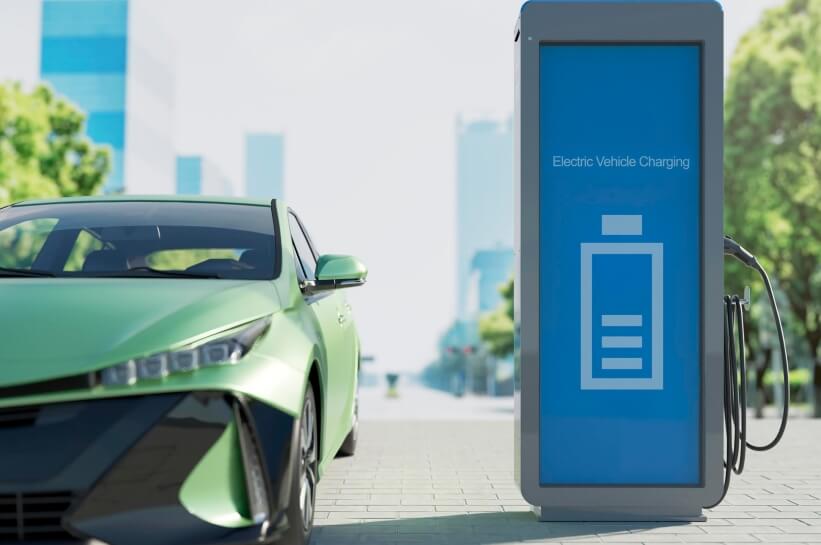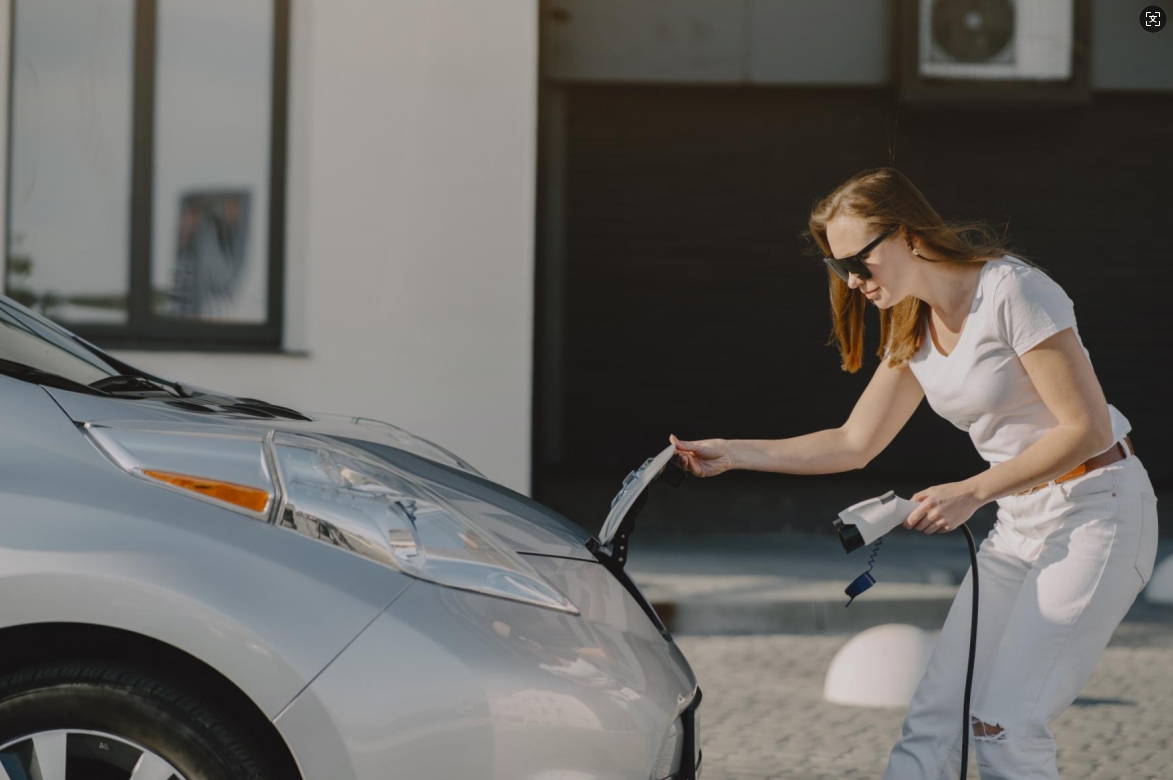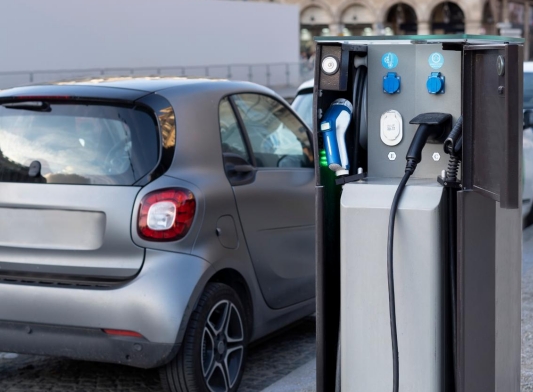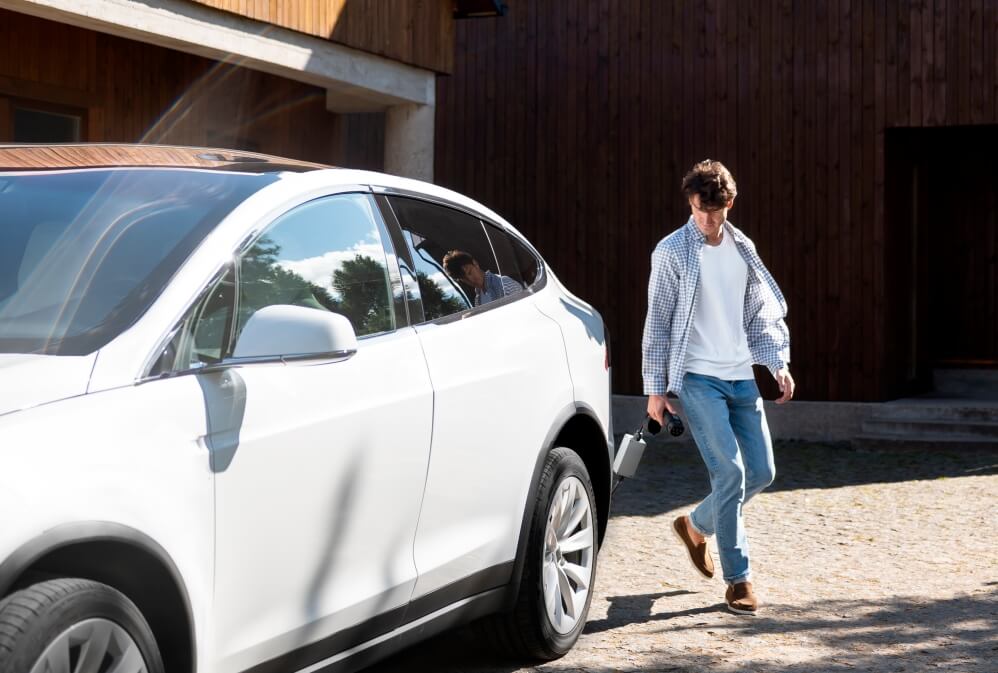Can Public EV Fast-Charging Stations Be Profitable in Brazil?
The electric vehicle (EV) market in Brazil is growing, but the profitability of public EV fast-charging stations remains a key question. With increasing EV adoption, government incentives, and rising fuel prices, could fast-charging stations become a viable business? This article explores the challenges and opportunities for profitability in Brazil’s evolving EV landscape.

1. The Current State of EVs and Charging Infrastructure in Brazil
Brazil has been slower than some countries in adopting EVs, but the market is accelerating. Factors influencing demand for public EV fast-charging stations include:
- Rising EV sales: Hybrid and electric vehicle registrations are increasing year-over-year.
- Government policies: Tax incentives for EVs and charging infrastructure development.
- Fuel costs: High gasoline prices make EVs more attractive.
However, charging infrastructure remains underdeveloped, creating both a challenge and an opportunity for investors.
2. Key Factors Affecting the Profitability of Fast-Charging Stations
For public EV fast-charging stations to be profitable in Brazil, several factors must align:
A. Electricity Costs vs. Charging Fees
- Brazil has relatively low electricity costs due to hydropower dominance, improving profit margins.
- However, setting competitive yet profitable pricing is crucial.
B. Utilization Rates
- High-traffic locations (highways, shopping malls, urban hubs) ensure consistent usage.
- Low EV penetration in some regions may lead to underutilized stations.
C. Government Incentives & Regulations
- Tax breaks, subsidies, and public-private partnerships can improve ROI.
- Complex bureaucracy and slow permitting can delay projects.
3. Business Models for Public EV Fast-Charging in Brazil
Several revenue models can make public EV fast-charging stations profitable:
A. Pay-Per-Use Model
- Most common: users pay per kWh or per minute.
- Dynamic pricing (peak vs. off-peak rates) can maximize revenue.
B. Subscription & Membership Plans
- Encourages repeat customers with discounted rates.
- Ideal for fleet operators and ride-sharing drivers.
C. Partnerships & Ad-Based Revenue
- Collaborations with shopping centers, restaurants, or advertisers.
- Charging stations with digital screens can generate ad revenue.
4. Challenges to Profitability in Brazil
Despite the potential, public EV fast-charging stations face hurdles:
A. High Upfront Investment
- Equipment (DC fast chargers), installation, and grid upgrades are costly.
- ROI may take several years, depending on usage.
B. Low EV Adoption in Some Regions
- Outside major cities like São Paulo and Rio, demand may be insufficient.
- Fleet electrification (buses, taxis) could help drive usage.
C. Energy Grid Reliability
- Some regions face power instability, requiring backup solutions like battery storage.
5. Success Stories & Future Outlook
Despite challenges, some Brazilian companies are making public EV fast-charging stations work:
- Eletra (São Paulo): Partnering with shopping malls and highways.
- Shell Recharge & BMW i Charging: Expanding premium charging networks.
Future Trends That Could Boost Profitability
- Battery-swapping stations for faster turnover.
- Renewable-powered stations (solar + storage) to cut costs.
- Smart charging & V2G (Vehicle-to-Grid) for additional revenue streams.
Conclusion: Is It Worth Investing in Brazil's EV Fast-Charging Market?
The profitability of public EV fast-charging stations in Brazil depends on location, utilization, and business model. While challenges exist, the long-term growth of EVs makes this a promising sector. Early movers who secure prime locations and leverage government incentives could see strong returns as adoption accelerates.
Final Verdict: Yes, with the right strategy—but patience and smart planning are key.
Last Updated on May 16, 2025 by tayniu



